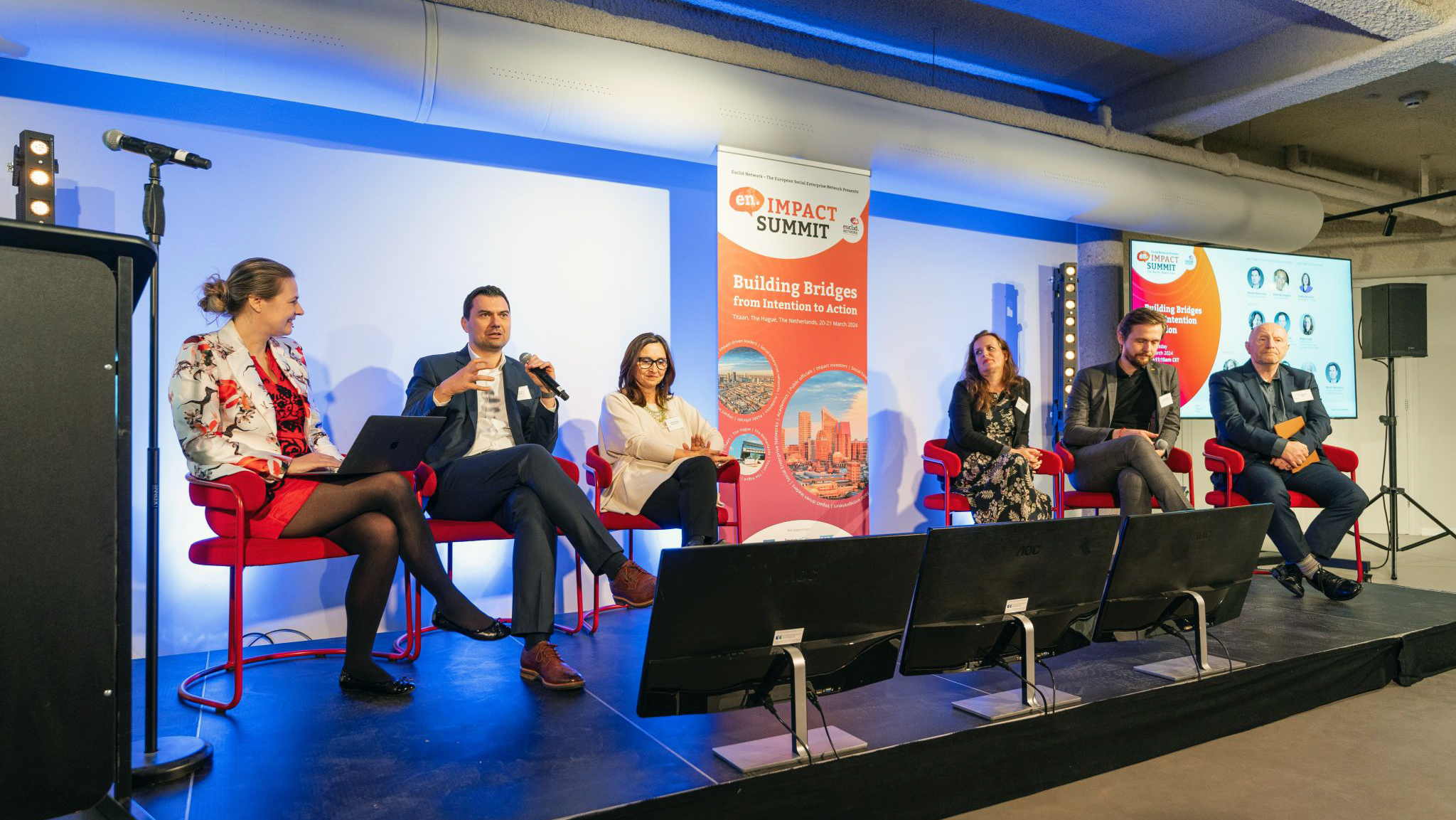Belgrade, September 28–October 02, 2020 – In the region of Central and Eastern Europe, the potential of the solidarity economy sector is still not sufficiently recognized. Therefore, it is especially important that in the countries of the Western Balkans, which are not members of the EU, organizations have the political support of the European Commission in the further development of entrepreneurship with a strong social impact. It is crucial to establish cross-sectoral cooperation at the local level as well as to connect local initiatives with European and world networks, especially in a crisis such as the current one, which always affects the most vulnerable. No matter how small social enterprises are, no matter how local their impact on the community is, it is very important that they have support and recognition for their work because they do positive things for society. These are some of the most important conclusions of the seventh Social Innovations Forum, which was held online from September 28 to October 02, 2020.
This year’s Forum was held under the slogan Discuss. Inspire. Learn. During the five days of the program, more than 200 participants of the conference had the opportunity to hear and talk with 40 speakers through various formats and thematic units. SIF2020 was marked by inspiring talks with representatives of key organizations, experts and entrepreneurs on the topics: How to better support the development of a solidarity economy in the region of Central and Eastern Europe, what is the path in the development of impact funds in the region and how to attract more social investors to the region, what are the experiences of support programs for young social innovators and entrepreneurs on different continents, how to further encourage the development of the green economy in the region and what is the role of the private sector in achieving the goals of sustainable development and especially food donation in Serbia. This year’s conference also stands out for the number and variety of workshops intended for young, social and green entrepreneurs who want to start or improve their business.

Solidarity economy is not developing equally in all European countries and one of the priorities of the Action Plan for the Social Economy to be adopted next year by the European Commission will be to stimulate the development of social economy in all European countries and further develop programs aimed at better access to finance. more favorable legal framework and education for all actors involved in the development of the solidarity economy, said during the conference Ann Branch, Head of Unit DG Employment, Social Affairs and Inclusion-European Commission.
A special guest of the conference was Francois Bonnici, director of the Schwab Foundation for Social Entrepreneurship, who presented the global initiative COVID Response Alliance for Social Entrepreneurs on behalf of the World Economic Forum and the Schwab Foundation as one of the initiators. The Alliance brings together over 60 organizations, scientific institutions and world networks led by the World Economic Forum, which strive to contribute to the recovery and strengthening of social enterprises around the world. “For social enterprises to be the solution to a more sustainable and solidary economy, they must first survive the human crisis,” said Francois Bonnaci.

The participants of the conference also had the opportunity to meet the first generation of social entrepreneurs who participated in Smart Kolektiv’s Sustainable Business Program. After five months of working with a team of experienced business mentors, entrepreneurs and investors, ten social enterprises presented their plans for further business growth and social impact at an online event attended by more than 20 social investment representatives from Europe.
If you missed some of the sessions and workshops:
Recordings of all sessions from the conference are available on the YouTube channel of the Smart Kolektv at the following link >> LINK
Social Innovations Forum is organized by Smart Kolektiv in partnership with the Responsible Business Forum. SIF2020 is organized as part of the Framework for Giving project, funded by USAID, and implemented by the Coalition for Giving, led by the Ana and Vlade Divac Foundation. Other Coalition members are the Trag Foundation, Catalyst Balkans, Smart Kolektiv, the Serbian Philanthropy Forum, the Responsible Business Forum and the Serbian Chamber of Commerce and Industry.



